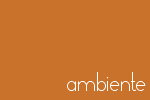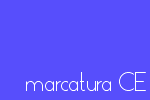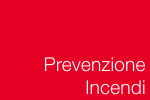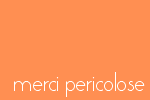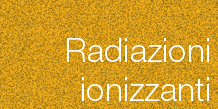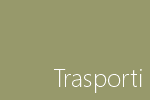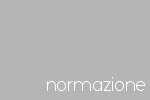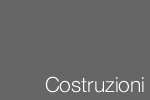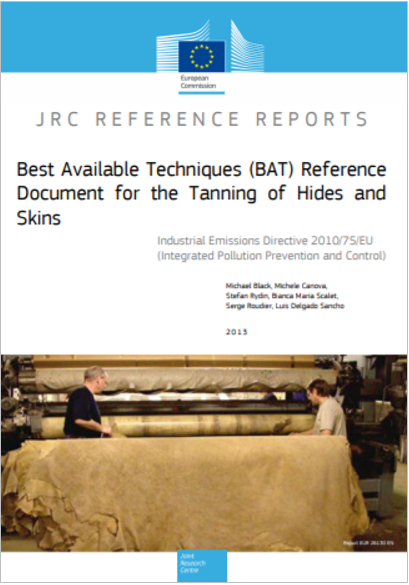Best Available Techniques (BAT) Reference Document for the Tanning of Hides and Skins
Industrial Emissions Directive 2010/75/EU (Integrated Pollution Prevention and Control)
The BREF entitled ‘Tanning of Hides and Skins’ forms part of a series presenting the results of an exchange of information between EU Member States, the industries concerned, non governmental organisations promoting environmental protection, and the Commission, to draw up, review, and where necessary, update BAT reference documents as required by Article 13(1) of the Directive.
This document is published by the European Commission pursuant to Article 13(6) of the Directive.
This BREF for the tanning of hides and skins industry covers the following activities specified in Annex I to Directive 2010/75/EU, namely:
- activities specified in Section 6.3: tanning of hides and skins where the treatment capacity exceeds 12 tonnes of finished products per day
- activities specified in Section 6.11: independently operated treatment of waste water not covered by Directive 91/271/EEC and discharged by an installation undertaking activities covered under Section 6.3 above.
In particular, this document covers the core processes in the tanning of hides and skins and the associated activities; this includes all or any part of the process starting from a raw hide or skin and ending with leather.
Important issues for the implementation of Directive 2010/75/EU in the tanning of hides and skins industry are the reduction of emissions to water; efficient usage of energy and water; minimisation, recovery and recycling of process residues; as well as an effective implementation of environmental and energy management systems.
The BREF document contains seven chapters.
Chapters 1 and 2 provide general information on the tanning of hides and skins industry and on the industrial processes and techniques used within this sector.
Chapter 3 provides data and information concerning the environmental performance of installations in terms of current emissions, consumptions of raw materials, water and energy, generation of waste.
Chapter 4 describes the techniques to prevent or reduce the environmental impact of installations in the sector.
In Chapter 5 the BAT conclusions, as defined in Article 3(12) of the Directive, are presented for the tanning of hides and skins industry.
Chapter 6 and 7 are dedicated to emerging techniques and concluding remarks and recommendations for future work in the sector, respectively.
JRC 2013
add more in attachment
Collegati




